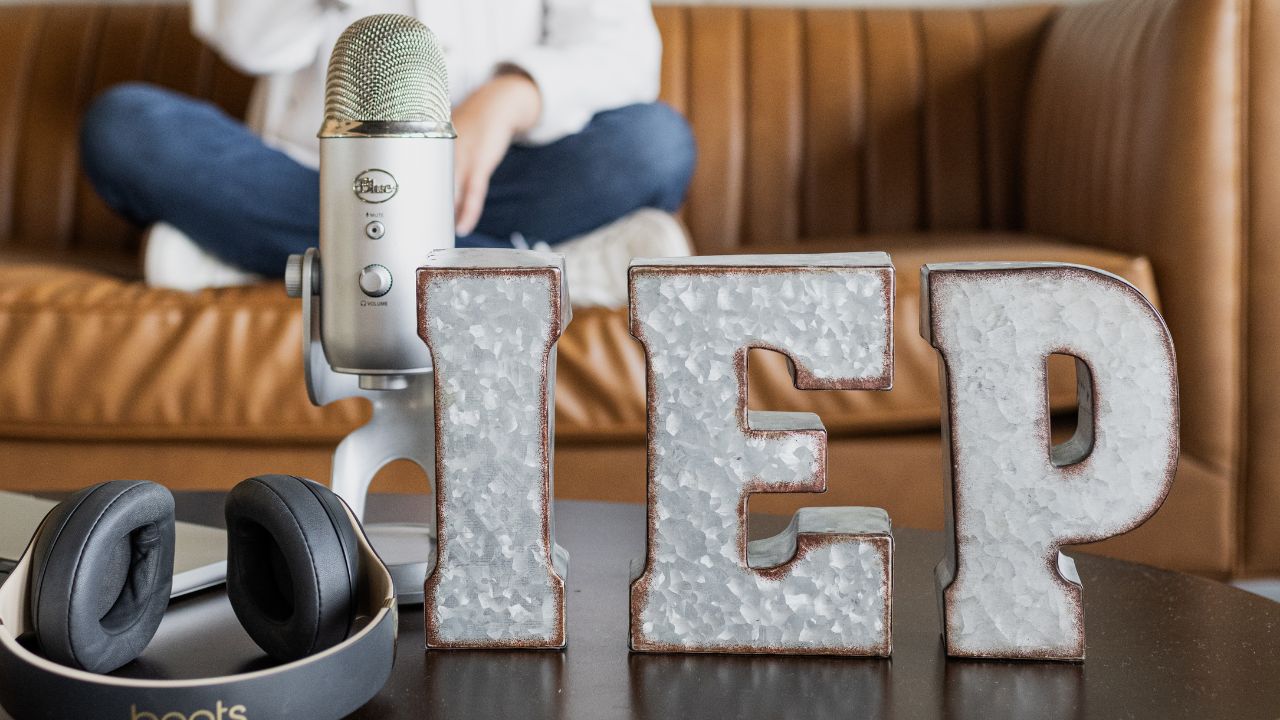After 30 years of coaching parents and teachers through IEP struggles, I’ve witnessed complete breakdowns between school and home due to weak communication. I’ve got two simple yet powerful strategies that can significantly improve the flow of information and reduce stress for both Special Education teachers and parents.
The Challenges of School-to-Home Communication in Special Education
First, before we peek into the strategies, let’s acknowledge the common hurdles we face:
- Parents often feel they’re not getting enough information about their child’s progress.
- Teachers get overwhelmed with the demands of communicating individually with each family.
- Weekly updates often slip through the cracks.
- Daily communication often becomes repetitive with very little meaning.
These challenges can create tension and hinder the “we got this” spirit that’s so essential in special education. But there’s good news: with a few adjustments, you can finally stop the stress over communication between school and home.
Strategy 1: Rethinking Weekly IEP Updates
Many teachers make an agreement with parents to send home weekly updates for individual students on Fridays. While well-intentioned, this timing can be problematic. Here’s why:
- Forgotten updates can’t be addressed until the following week.
- Stressful information shared on Friday casts a shadow over the family’s weekend.
- Emotional emails trying to solve struggles on Friday evenings are no fun for anyone.
The Solution: Mid-Week IEP Updates
Instead of Friday updates, consider moving them to Wednesdays. This simple shift offers several benefits:
- If a teacher forgets an update on Wednesday, there’s still time to send it on Thursday.
- Concerns are easily addressed before the weekend.
Pro Tip: To make this strategy work, it’s crucial to agree to what “purposeful information” needs to be shared weekly. We don’t want anyone wasting time sending home updates just for the sake of sending something home.
Strategy 2: Reimagining Daily IEP Communication
Daily updates are another common practice in special education, but they come with their own set of challenges:
- Templates become monotonous and fail to provide meaningful information.
- The task of writing individual updates for each student can be time-consuming for teachers.
- Generic comments or check boxes don’t give parents the detailed information they need to engage with their child about their school day.
The Solution: Student-Led IEP Communication
Here’s an innovative approach I used often during my teaching years:
- Set aside time at the end of each school day for students to create their own daily notes home.
- Provide appropriate support based on each student’s abilities and IEP goals.
- Students take ownership of communicating their experiences, which can be empowering.
- Teachers can focus on facilitating the process rather than writing separate notes for each student.
Implementing These Strategies in Your IEP Process
While these ideas sound great in theory, you might be wondering how to put them into practice. That’s where you and I need to chat. It’s absolutely possible to get a creative and meaningful school-to-home communication plan documented inside of the IEP… with a bit of strategy and collaboration!
Becoming a Master IEP Coach®
We can work together to get these strategies (and more!) going inside of your IEP process when you join the Master IEP Coach® mentorship program. As a Master IEP Coach®, you’ll gain the skills and confidence to implement proven solutions at your own IEP table, as a parent, teacher, administrator, or therapist.
The Master IEP Coach® Mentorship offers:
- One-on-one support to address your specific challenges
- Strategies for influencing positive change in your school system
- Guidance on incorporating effective practices into IEPs
- A community of like-minded individuals committed to improving special education
By becoming a Master IEP Coach®, you’ll be equipped to not just suggest ideas, but to implement them effectively, creating lasting positive change at your IEP table.
Together, we can make a difference in the world of special education, one IEP meeting at a time.

Catherine Kahl, M.Ed has been coaching parents and teachers to solve IEP struggles for almost 30 years. Through her mentorship program, she helps parents, teachers, admins, and therapists become Master IEP Coaches®. Learn More Here.

+ show Comments
- Hide Comments
add a comment